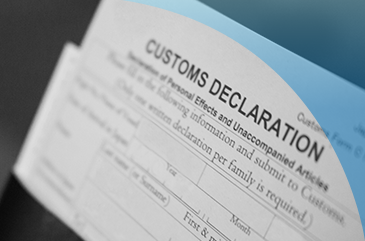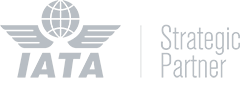
Many airlines and ground handling agents file their Advance Cargo Information (ACI) for customs authorities manually. Especially when only operating a fairly small set of routes. However, often our clients find that the manual approach is limited in scalability and not efficient enough for a growth and expansion strategy.
Why should I consider customs filing software?
Manual customs filing can be a time-consuming process and can lead to delayed shipments due to inevitable human error. But there is more to consider:
- More and more countries are introducing advance customs filing for import and export:
- Since 2018 or 2019, x countries have made ACI mandatory (would be nice if we had some kind of chart)
- Lack of standardization makes manual filing labor intensive and prone to errors
- Requirements are not always aligned with the World Customs Organization (WCO) international standards.
- Airlines and their partners are confronted with different time limits, a disparate variety of data elements, and disharmonized formats for the electronic transmission
- The timeframes for implementing those requirements vary significantly from one country to the other
- Ever changing filing requirements
- Customs authorities tend to regularly tweak their requirements, requiring you to stay on top of them.
- As an example, in [insert year], CHAMP implemented several hundreds of changes to its rule workflow, ensuring compliance with its 60+ customs authorities.
How to select the right ACI filing software?
Country coverage requirements
Customs compliance solutions can offer efficient automated systems to enable your business to stay on top of crucial ACI filing and avoid costly delays. When choosing the right solution, a first step is to check which customs authorities are covered and compare that with your route network – current and planned for the next few years. Traxon Global Customs (TGC) is connected to 63 countries worldwide at the moment, with several more countries planned for 2023. While other solutions exist, CHAMP’s TGC gives the broadest possible coverage to any other solution on the market.
Compatibility with Cargo Community System (CCS)
Another point is to check with your CCS. Ensure that your CCS can seamlessly connect with the customs filing system of interest. Traxon Global Customs, for example, can be connected easily with most CCS providers. Because of this, the lead time from signature to full operation can be merely a few weeks – with remote implementation being the norm.
Onboarding, user-friendliness and future training
The solution also has to be flexible and adaptable to a growing business. With access to training materials, the solution must be easy to learn and involve minimum change to existing systems - carriers/GHAs use existing messages for customs reporting and customs responses are converted to industry standard messages.
Lastly, it should come with a 24/7 support and a team of experts who are ready to help tackle any issues along the way, guide you through the process and make sure your messages are being correctly transmitted to ensure a smooth transactions with the respective customs authority.
.png)



